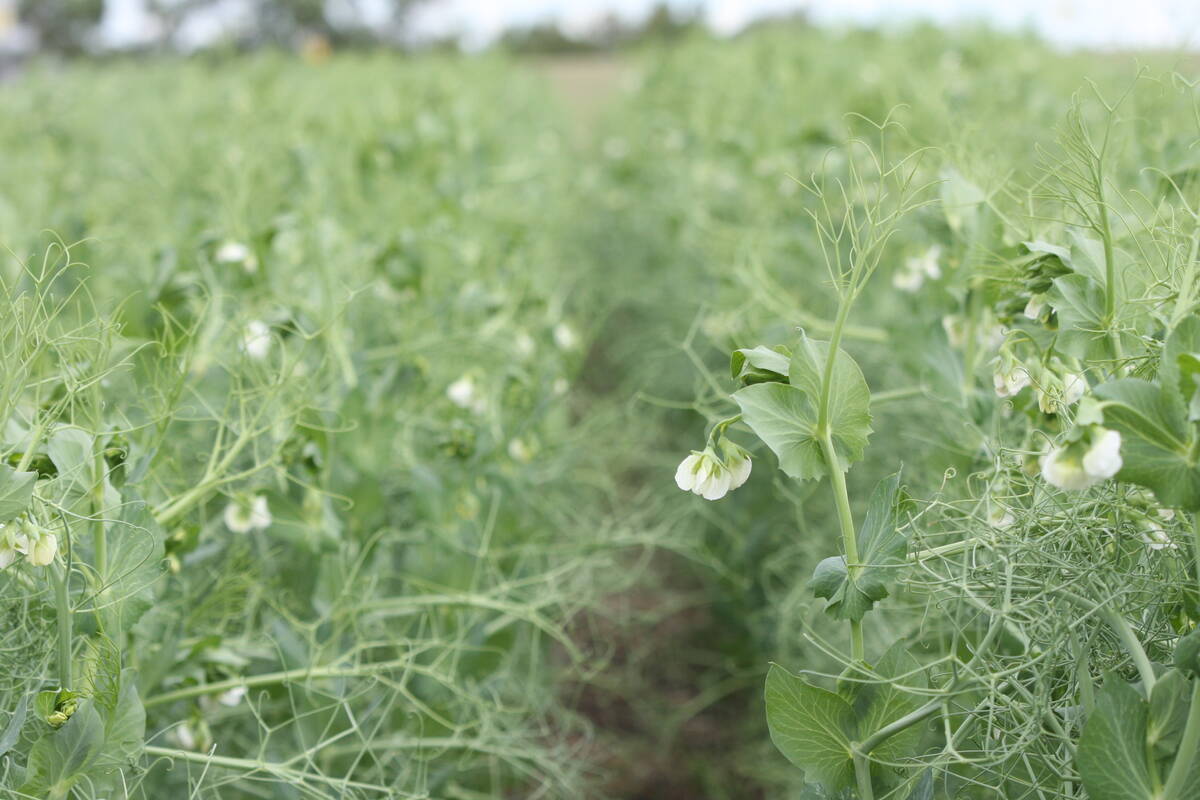Percy Schmeiser has thrown his case before the Supreme Court of Canada,
but a prominent national lobby group that supports the Bruno, Sask.,
farmer thinks only the prime minister will be able to stop companies
getting patents on life forms such as canola.
“We are asking (prime minister Jean Chrétien) to make sure that it is
clearly spelled out in law that one cannot patent a living organism,”
said Nadege Adam of the Council of Canadians, a left-of-centre lobby
Read Also

Pea sector works to resolve tariffs
Canola gets the headlines, but other sectors are also working to resolve Chinese tariffs with little of the same media attention.
group. “Currently the laws do not address our needs with this new
technology.”
In a 2000 civil trial in the Federal Court of Canada, Schmeiser was
found guilty of intentionally growing Roundup Ready canola without a
licence. Schmeiser appealed the ruling, but lost.
He has now asked the Supreme Court to hear his final appeal. The
Supreme Court only hears a few of the appeals it is asked to judge.
In the trial, Schmeiser’s lawyer argued that windblown pollen, rolling
swaths blowing in from other farmers’ fields and seeds blowing off
untarped trucks could have accounted for the massive concentrations of
Monsanto’s Roundup Ready gene that were found in Schmeiser’s fields.
The trial judge rejected these as a sufficient explanation of how the
canola got there. Monsanto has said it believes Schmeiser secretly
obtained Roundup Ready canola from somebody so that he would not have
to pay the $15 per acre fee that other farmers pay the company to grow
its varieties of canola.
Adam said the Council of Canadians considers it “irrelevant” whether
Schmeiser told the truth about how the canola got into his fields.
She said the judge’s ruling and appeal court ruling, have made all
farmers vulnerable to lawsuits from the makers of genetically modified
crops.
According to Adam’s interpretation of the rulings, it does not matter
how GM genetic matter ends up in a farmer’s field. Its mere presence is
a breach of patent laws.
While the Council of Canadians supports Schmeiser’s appeal, it believes
the real solution lies in clarifying patent laws. Judges to this point
have restricted themselves to interpreting existing laws.
“We are asking for the government to clarify regulatory language around
the patenting of life forms,” said Adam.
“We’re saying the law is not clear enough. The law needs to address the
creation of new life forms.”
The Council of Canadians’ Saskatchewan chapter is raising funds to help
pay for the Saskatchewan Organic Directorate’s lawsuit against Monsanto
for allegedly causing GM crops to appear in organic canola.
“These companies have polluted our environment with impunity,” she
said. “They have to be made liable.”















